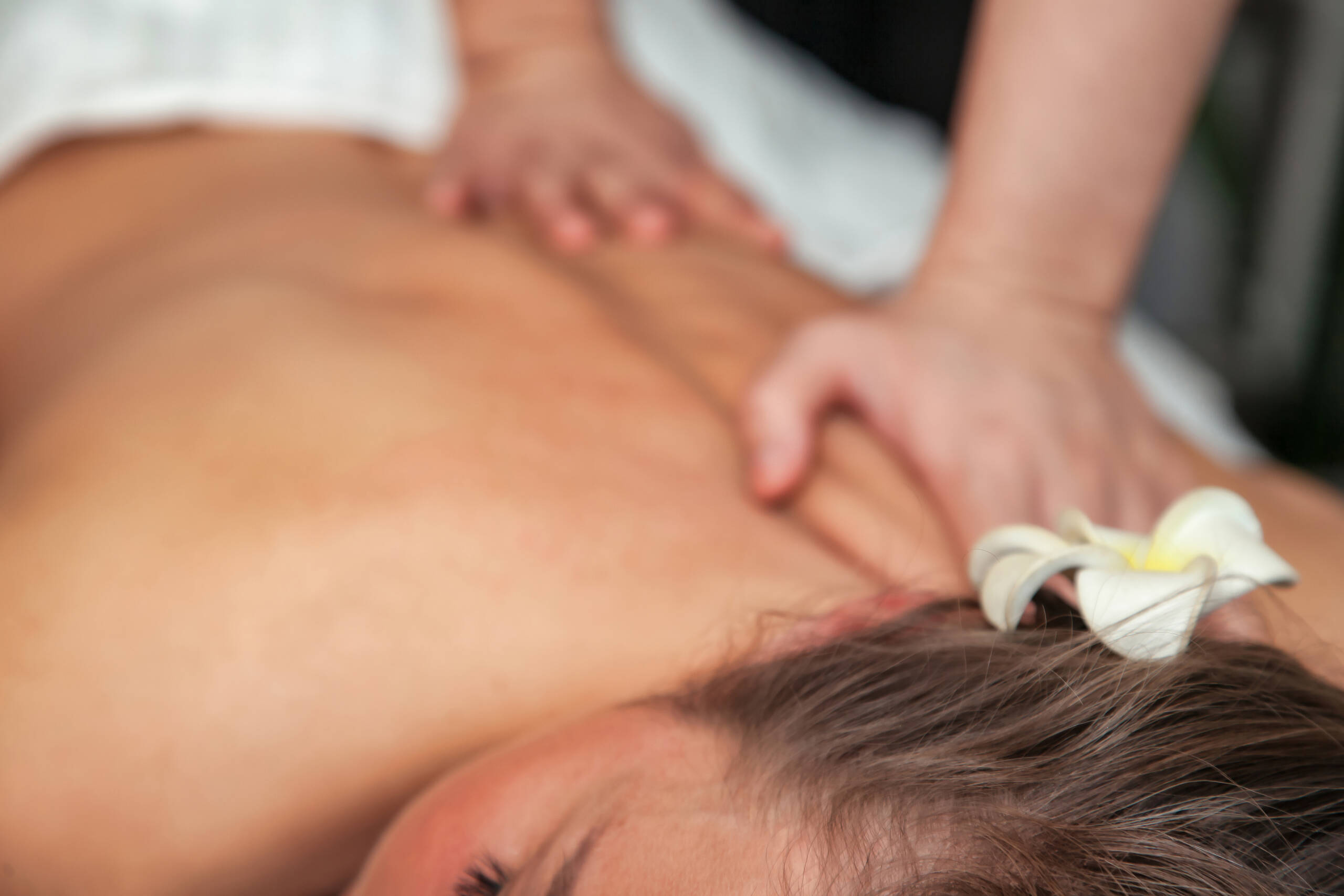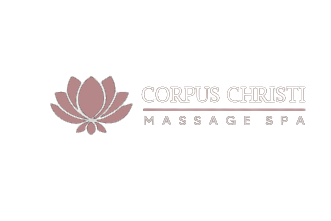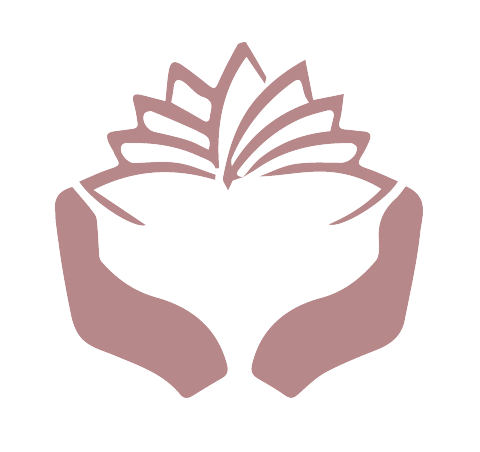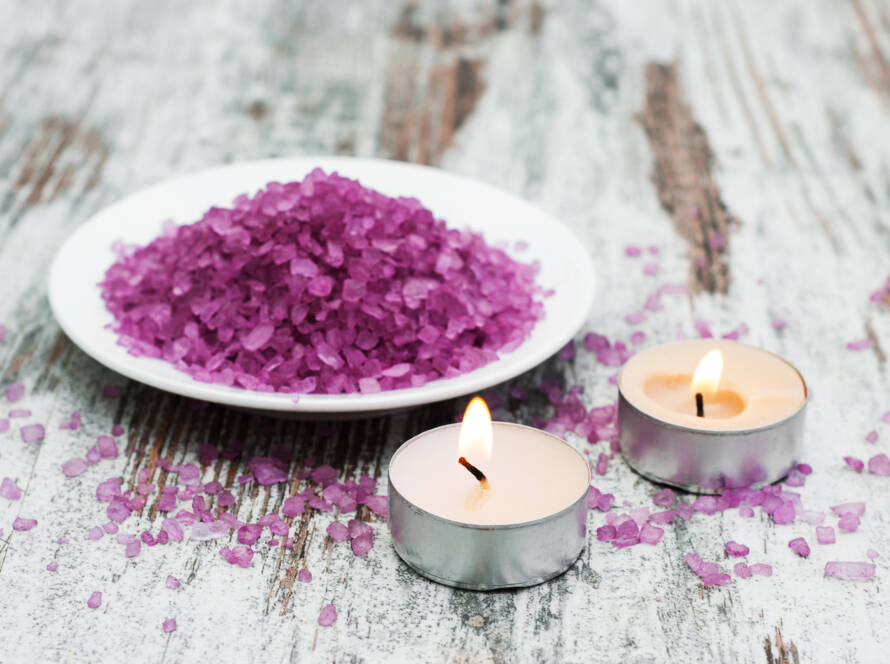Stressful situations trigger chemical signals that release stress hormones into the bloodstream, raising heart rate, blood pressure and concentration levels to alert our bodies of potential threats. Once these threats have passed, hormonal signals stop this response to relieve our tension. Relaxation exercises such as deep breathing exercises and progressive muscle relaxation (tense/relax each muscle group) can activate the parasympathetic nervous system and leave you feeling at peace.
Muscle Tension
Muscle tension (rigor) refers to an inability for muscles to relax normally and can occur anywhere on the body, from individual muscles or groups of them, causingsharp pain that restricts mobility. While some degree of muscle tension is necessary in maintaining muscle tone, too much can lead to pain and other health problems; worse still, anxiety often exacerbates tension causing further discomfort that leads to further stress-inducing muscle tenseness in return.
As soon as you need a specific muscle, your brain sends nerve signals to those muscles located there, telling them to tighten or contract, depending on the kind of signal and pressure being put upon the muscle. Once no longer needed, they relax back down again – thus maintaining body balance and flexibility.

Under constant stress, your muscles can remain tight and tense, as your body shifts into fight or flight mode in response to being under stress. Tense and tight muscles can lead to serious health conditions like heart disease, high blood pressure, strokes and more – including heart attacks! Stressful situations may also lead to myofascial pain syndrome [Source], characterized by pressure being applied on trigger points in muscles that produce pain both locally and elsewhere in the body – known as referred pain.
This can happen with muscles under constant strain from repetitive movement. Avoid muscle tension by reducing stress levels in your life and engaging in relaxation exercises such as progressive muscle relaxation, autogenic training or diaphragmatic breathing. If these techniques fail to help, seek professional assistance as therapy may also offer relief.
Blood Pressure
Blood pressure refers to the force of blood against arterial walls with each heart beat, keeping organs such as kidneys and eyes from becoming overloaded with too much blood. High blood pressure can damage cardiovascular systems leading to heart attacks or stroke. Blood pressure typically fluctuates throughout the day depending on body position, exercise intensity, emotional state, diet intake and sleeping habits – only when it remains high even at rest is it necessary to take steps. Blood pressure is typically recorded using two numbers, such as 120/80 mmHg.
The first number represents the systolic pressure – which measures how hard your heart pumps blood out with each beat – while the second represents diastolic pressure, or how tight the arteries become when your heart relaxes between beats. People with high blood pressure are at higher risk for experiencing heart attack, stroke and kidney disease. Furthermore, they could develop atherosclerosis, which narrows or blocks arteries leading to plaque buildup in arteries resulting in hardening that increases heart work load resulting in heart attacks or stroke.
High blood pressure increases your risk of miscarriage and pregnancy-induced high blood pressure conditions like preeclampsia (high blood pressure that appears during gestation). Medication can often be the answer to treating high blood pressure.These drugs work by blocking certain natural substances that constrict the arteries, allowing blood to move more smoothly through them and the heart pump more efficiently.
They may also decrease heart rate and relax blood vessels to bring down pressure on blood vessels – both factors can significantly lower blood pressure. Other measures that may help lower blood pressure include limiting salt consumption, eating more fruits and vegetables, drinking less alcohol and being physically active. Fast foods with high salt contents should also be avoided along with smoking and fast foods served from takeaways; additionally it’s beneficial to sleep for at least eight hours every night and manage stress effectively.
Heart Rate
Your heart rate varies throughout the day depending on the activities, emotions and physical posture you engage in. A resting heart rate between 60 to 100 beats per minute is typical among adults; during exercise or moments of stress or anxiety it may exceed this number; but will usually return back down once relaxed and safe again. When your heart rate remains elevated, that indicates an imbalance between your sympathetic nervous system, responsible for initiating fight-or-flight responses, and your parasympathetic nervous system {NIH}, which regulates bodily functions when at rest. An imbalance like this can have numerous adverse side effects including feeling tired and having trouble sleeping as well as blood clots or heart attacks if left unchecked.
One simple way to check your heart rate is to place your thumb against the side of your neck just below your rib cage and count how many beats per minute you hear when inhaling. If you are very fit and healthy, your resting heart rate should likely below;
some medications such as beta-blockers and calcium channel blockers may lower it; on the other hand cold medicines, asthma medication and antidepressants may raise it.
Tachycardia, or an increase in heart rate, can be an indicator of health issues. If your pulse seems higher than usual and occurs frequently, make an appointment to see your physician immediately; especially if dizziness or lightheadedness occurs with it. Bradycardia refers to a low heart rate. Even non-athletes may experience bradycardia symptoms such as lightheadedness, dizziness and shortness of breath; though most cases of bradycardia don’t signal an underlying health condition;always consult your physician if this happens to you.
Blood Sugar
Blood sugar (glucose) is the main source of energy for most cells in our bodies. Glucose comes from foods rich in carbohydrates (like bread and cereal). When blood sugar levels spike, they signal the pancreas to produce insulin in order to move glucose into cells where it can be utilized as fuel. High blood sugar levels can lead to various symptoms. These may include needing to use the restroom more often, feeling thirsty frequently and fatigue. Over time, however, high blood sugar may damage blood vessels leading to damage in specific parts of your body such as your eyes or feet (MNT).
Regularly checking and adhering to your treatment plan are keys to avoiding hypo or hyper episodes. Relaxation won’t cure it, but it may lessen its symptoms; relaxation causes your brain to produce endorphins – natural painkillers – prompting endorphin release which helps ease conditions such as fibromyalgia, migraines and IBS; plus it lowers both blood pressure and heart rate.





